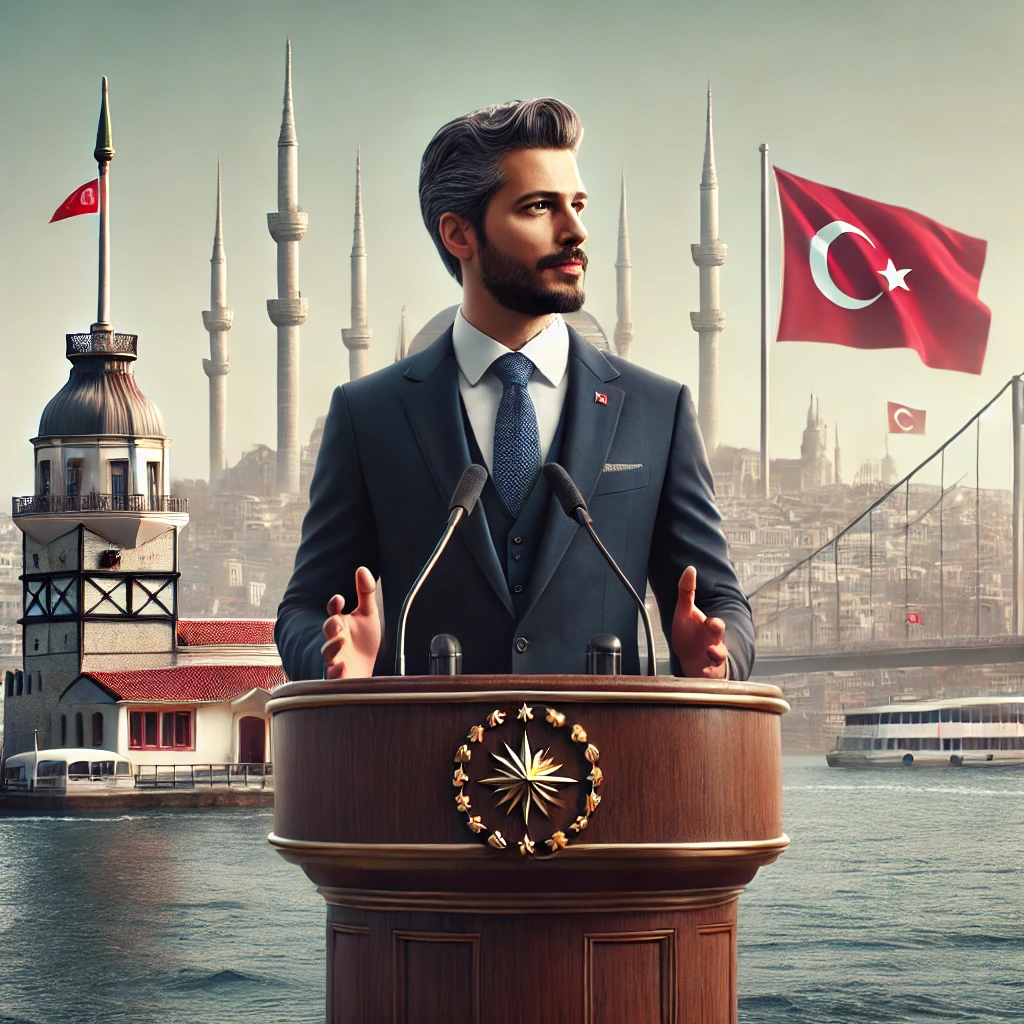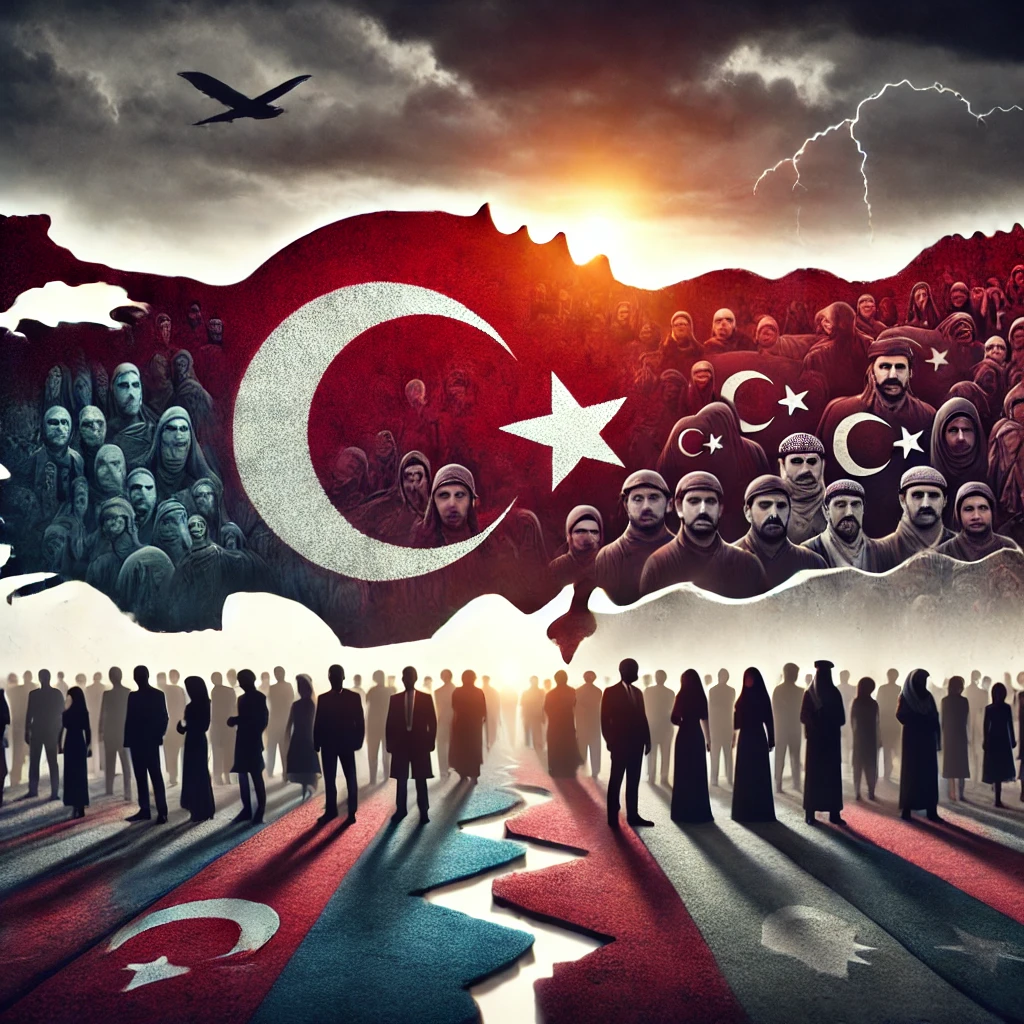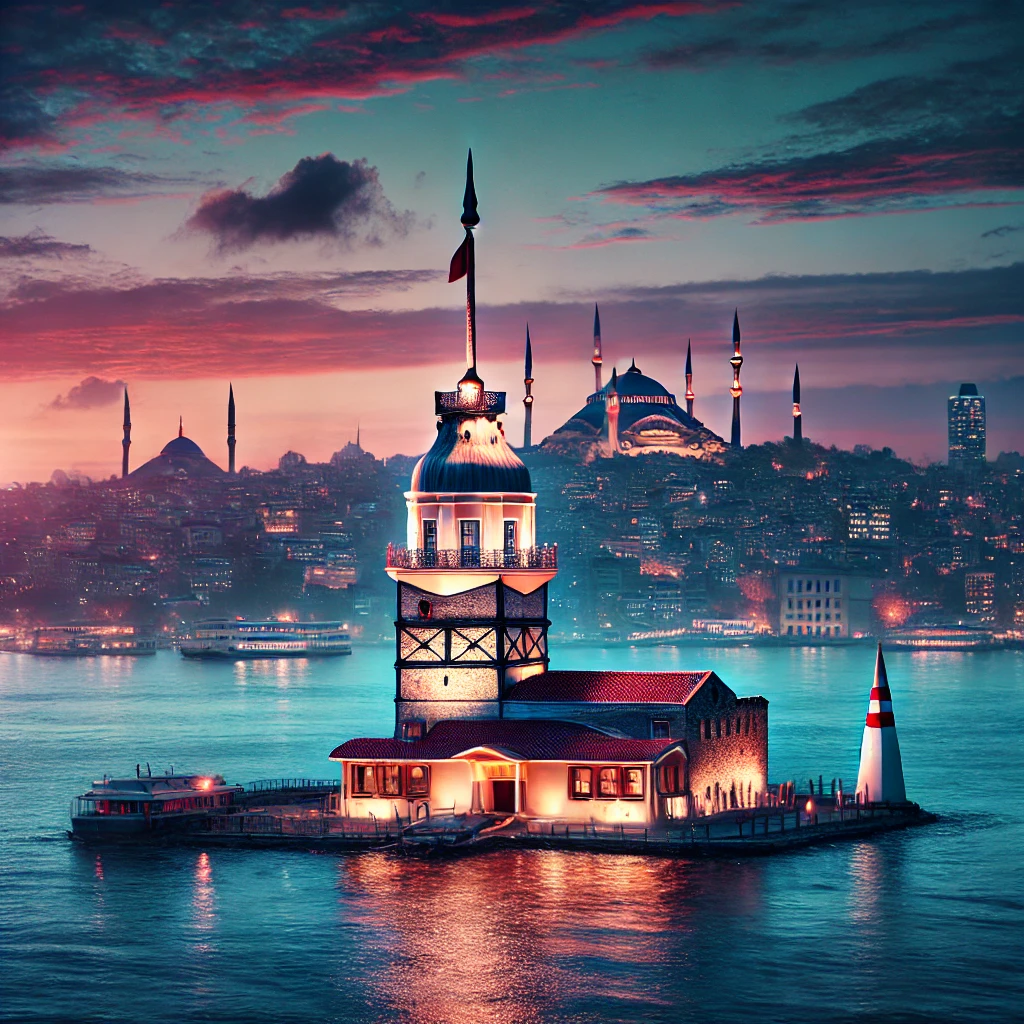Ekrem İmamoğlu, Mayor of Istanbul and President of the Turkish Union of Municipalities, has called out the European Union (EU) for its “double standard” approach in addressing conflicts, particularly the Israel-Palestine and Russia-Ukraine wars. Speaking at the TÜSİAD Boğaz’da Buluşmalar (TÜSİAD Meetings by the Bosphorus), İmamoğlu emphasised that this inconsistent approach to regional conflicts hampers global peace efforts. He urged for a swift abandonment of such policies, calling it a crucial step towards establishing effective global peace mechanisms.
AB’s Double Standard in Global Conflicts
During his speech at the TÜSİAD Boğaz’da Buluşmalar, held at the Yapı Kredi Culture and Arts Centre in Istanbul, İmamoğlu sharply criticised the EU for what he termed as a “double standard approach”. He pointed out the inconsistency in the EU’s responses to the Israel-Palestine and Russia-Ukraine conflicts, noting that such bias does not help global peace efforts. İmamoğlu stated, “The abandonment of double standards in the resolution of regional conflicts is a necessary step for the creation of lasting global peace mechanisms.”
Regional Conflicts and Global Ramifications
One of the central themes of İmamoğlu’s speech was the need for a more equitable approach to international crises. He warned that the current regional power struggles are escalating, turning into larger global crises. As an example, he cited the ongoing tensions in the Israel-Lebanon-Iran triangle, which, he argued, is at risk of spiralling out of control and becoming a full-blown international issue. In this regard, he also highlighted the insufficiency of current international institutions in addressing these crises, calling for reforms to create a more effective and inclusive system.
Europe’s Response to the Refugee Crisis
Another critical point in İmamoğlu’s address was the global refugee crisis. He argued that irregular migration and the burden of refugees should not be left solely on the shoulders of a few nations, such as Turkey. Instead, he called for a fair distribution of responsibility among all countries. This, he explained, would contribute to sustainable development and long-term peace in affected regions. İmamoğlu’s remarks align with broader concerns about how wealthier nations can play a role in easing the pressure on countries like Turkey, which has been disproportionately impacted by migration from conflict zones.
EU’s Struggle with Its Own Vision
Despite its founding vision as a global peace project, İmamoğlu pointed out that the EU is increasingly struggling to maintain its credibility on the international stage. He criticised the EU for applying its values inconsistently, depending on the actors involved. This, he argued, has damaged the EU’s global reputation and undermined trust, especially in its relations with Turkey. He lamented that Turkey-EU relations have now been reduced to little more than a discussion on migration management, with more significant issues like the modernisation of the Customs Union or visa liberalisation stalling for political reasons.
Building Stronger Relations with France and the EU
İmamoğlu also took the opportunity to underscore the importance of Turkey’s relationship with France. He noted that despite challenges, particularly stemming from France’s internal politics and its evolving geopolitical stance, the relationship between Turkey and France is key to any future EU-Turkey alignment. He expressed optimism that despite current difficulties, there is still a strong opportunity to repair and strengthen these ties.
The Urgency of Addressing Climate Change
In addition to geopolitical concerns, İmamoğlu also touched on the issue of climate change, calling it one of the most pressing threats facing humanity today. He warned that the climate crisis not only threatens ecosystems but the very existence of humankind. For a meaningful solution, he stressed the importance of global cooperation and a commitment to climate justice. Developing countries, he argued, require support from more developed nations to combat climate change effectively.
Looking Forward to Regional Cooperation
As a final note, İmamoğlu emphasised the importance of local governments in addressing global challenges. He announced that in December, Istanbul would host a major meeting of mayors from significant cities across the Middle East and North Africa, focusing on cooperation to promote regional peace. He stressed that local governance plays a crucial role in fostering sustainable development and ensuring long-term stability in conflict-affected areas. This, he believes, is a significant step towards global peace and cooperation.






